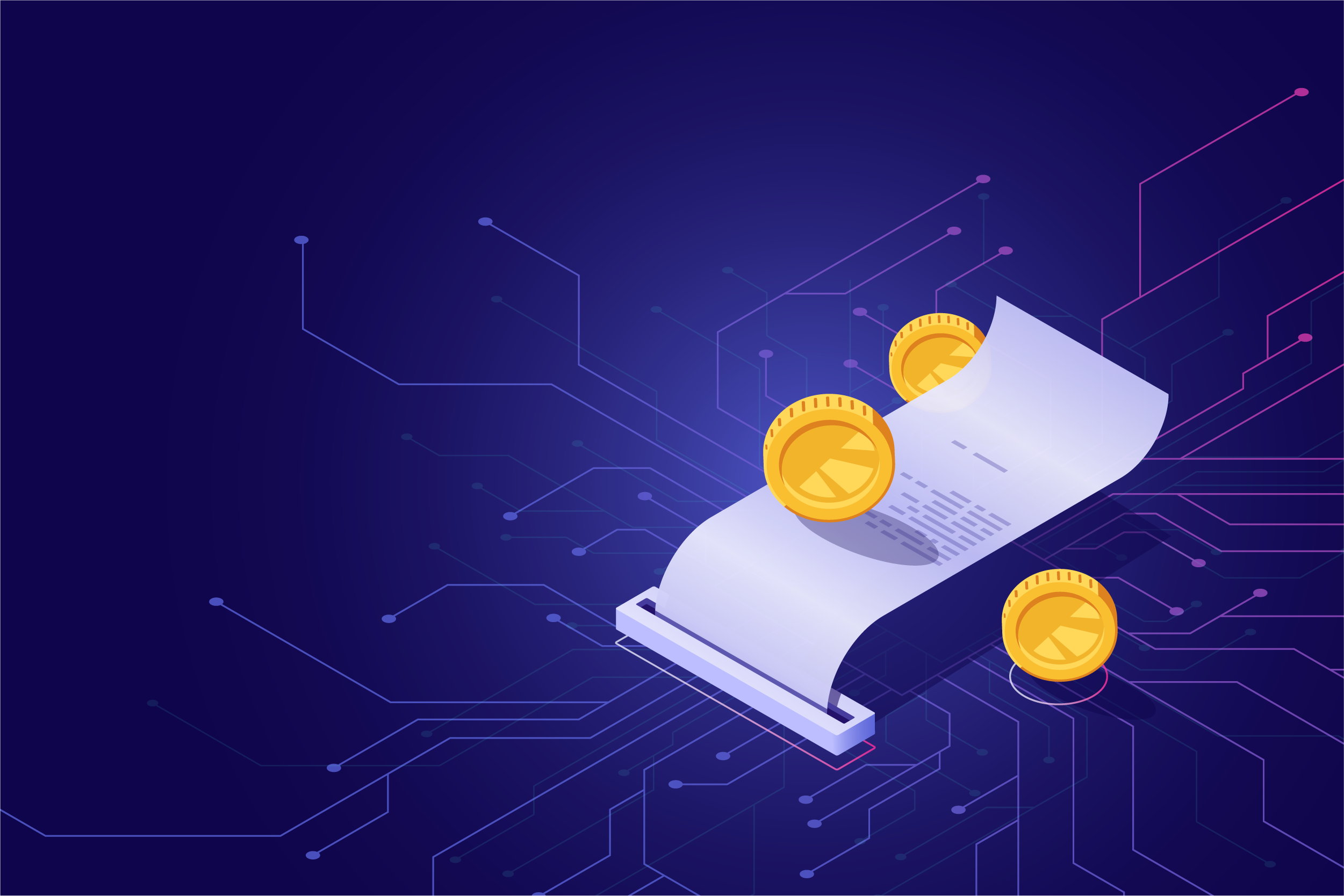The Importance of Blockchain Security
Blockchain technology is renowned for its decentralized and secure nature, but it is not immune to vulnerabilities. As blockchain adoption grows, ensuring robust security measures is essential to protect sensitive data, digital assets, and the integrity of decentralized systems.
Common Blockchain Security Threats
Understanding the risks associated with blockchain systems is the first step to implementing effective security measures. Some common threats include:
- Smart Contract Bugs: Flaws in code that can be exploited by attackers.
- 51% Attacks: When a single entity gains majority control of the network’s hash rate.
- Phishing Scams: Deceptive tactics to steal private keys or access credentials.
- Weak Encryption: Poor cryptographic practices that compromise data security.
What Is Blockchain Auditing?
Blockchain auditing involves systematically reviewing blockchain networks, smart contracts, and associated systems to identify and mitigate potential vulnerabilities. Audits are conducted by specialized professionals who assess the code, protocols, and security infrastructure.
Steps in a Comprehensive Blockchain Audit
A thorough blockchain audit typically includes the following steps:
- Requirement Analysis: Understanding the project’s goals, architecture, and use cases.
- Code Review: Examining smart contracts and blockchain code for vulnerabilities.
- Penetration Testing: Simulating attacks to identify exploitable weaknesses.
- Risk Assessment: Evaluating potential threats and their impact on the system.
- Reporting: Providing a detailed report with findings and recommendations.
Best Practices for Blockchain Security
To safeguard blockchain systems, developers and organizations should adhere to best practices, including:
- Regular Audits: Conduct routine security audits to stay ahead of potential threats.
- Use Secure Coding Standards: Follow industry best practices for smart contract development.
- Implement Multi-Signature Wallets: Enhance asset security by requiring multiple approvals for transactions.
- Educate Users: Provide training and resources to prevent phishing and social engineering attacks.
Emerging Tools for Blockchain Security
Advanced tools are now available to strengthen blockchain security. These include:
- Automated Code Analysis Tools: Software that scans for vulnerabilities in smart contracts.
- Decentralized Security Protocols: Systems that leverage the blockchain to enhance network security.
- Threat Intelligence Platforms: Tools that monitor and alert against potential risks in real-time.
The Role of Auditors in the Blockchain Ecosystem
Blockchain auditors play a critical role in maintaining trust and security within the ecosystem. By identifying vulnerabilities before they are exploited, auditors help ensure the stability of decentralized systems and protect stakeholders from financial losses.
The Future of Blockchain Security
As blockchain technology evolves, so do the methods used by malicious actors. The future of blockchain security will likely involve advanced AI-driven monitoring systems, cross-chain security protocols, and increased regulatory oversight to protect users and systems from emerging threats.
Conclusion
Blockchain security and auditing are vital components of a reliable decentralized ecosystem. By prioritizing secure coding practices, conducting regular audits, and staying updated on the latest tools and threats, organizations can build trust and resilience in their blockchain applications.




